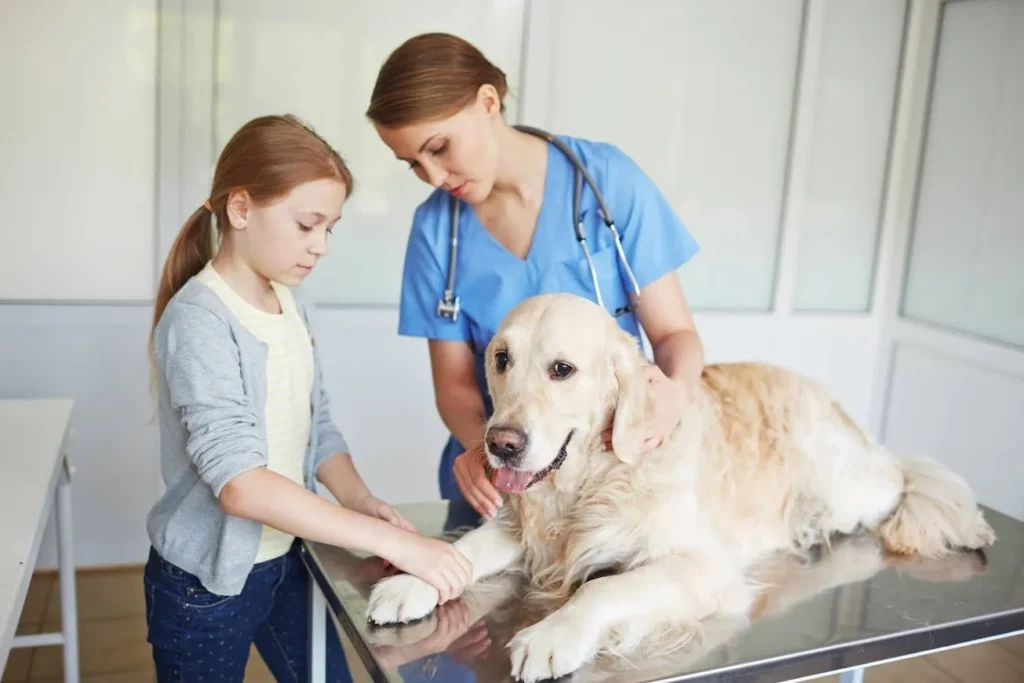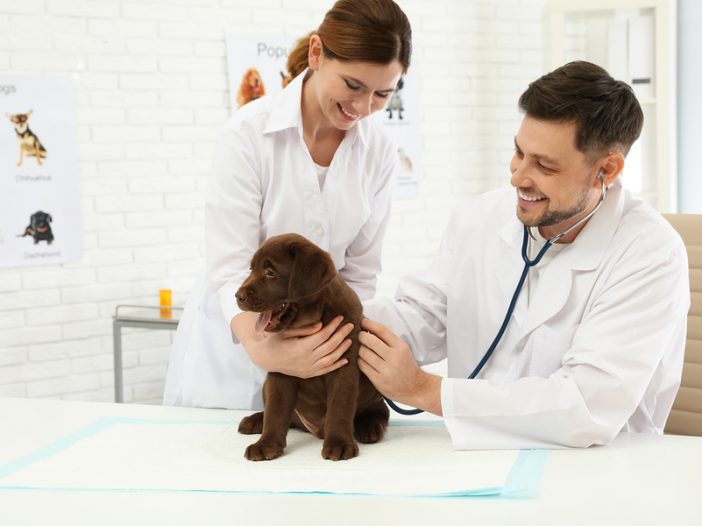“An ounce of prevention is worth a pound of cure.” — Benjamin Franklin
When it comes to the well-being of your dog, choosing the right veterinarian can make all the difference. A trusted vet not only provides essential medical care but also offers guidance on preventive measures to keep your furry friend healthy and happy. According to the American Pet Products Association, pet owners in the U.S. spent over $31 billion on veterinary care in 2020, highlighting the importance of finding a vet you can rely on.
Why the Right Vet Matters
Selecting the right vet for your dog is a crucial decision that impacts their health and longevity. A skilled and compassionate veterinarian can detect early signs of health issues, provide timely treatment, and offer valuable advice on nutrition and exercise. Moreover, regular check-ups with a trusted vet ensure your dog receives vaccinations and preventive care to avoid serious health problems down the road.
Key Factors to Consider When Choosing a Vet

1. Qualifications and Experience
Ensure that the vet is licensed and has the necessary qualifications. Experience with your dog’s breed or specific health conditions is a plus. A vet who is a member of professional organizations, such as the American Veterinary Medical Association (AVMA), often stays updated with the latest advancements in veterinary medicine.
2. Services Offered
Look for a clinic that offers comprehensive services, including emergency care, diagnostic testing, surgery, and dental care. Clinics with state-of-the-art equipment and facilities are better equipped to handle a wide range of health issues.
3. Location and Accessibility
Proximity to your home is essential, especially in emergencies. Additionally, check the clinic’s hours of operation and whether they offer after-hours emergency services.
4. Reputation and Reviews
Research the clinic’s reputation by reading online reviews and asking for recommendations from friends, family, and fellow pet owners. Positive feedback and word-of-mouth recommendations are strong indicators of a reliable vet.
5. Communication and Comfort
Your comfort with the vet and their staff is crucial. A good vet listens to your concerns, explains treatment options clearly, and respects your decisions. The clinic should provide a welcoming and stress-free environment for both you and your dog.
The Initial Visit: What to Expect
Health Assessment
During the first visit, the vet will conduct a thorough health assessment of your dog, including a physical exam and review of their medical history. This is an excellent opportunity to discuss any concerns and establish a preventive care plan.

Vaccinations and Preventive Care
Ensure your dog is up-to-date on vaccinations and receives preventive treatments for parasites, such as fleas, ticks, and heartworms. Regular wellness exams and blood tests can help detect health issues early.
Diet and Nutrition
Discuss your dog’s diet with the vet. They can recommend the best food for your dog’s age, breed, and health status. Proper nutrition is vital for maintaining your dog’s overall health and preventing obesity-related issues.
Challenges and Solutions in Finding the Right Vet
High Costs
Veterinary care can be expensive, but it’s a necessary investment in your dog’s health. Consider pet insurance or setting up a savings account for unexpected medical expenses. Many clinics also offer payment plans to help manage costs.

Emergency Situations
In emergencies, every minute counts. Knowing the location of the nearest emergency vet and having a plan in place can make a significant difference. Some regular vet clinics also provide emergency services, so inquire about this when choosing a vet.
Specialized Care
If your dog has specific health issues or requires specialized treatment, such as orthopedic surgery or oncology, ensure that the vet has the necessary expertise or can refer you to a specialist.
Building a Long-Term Relationship
A strong relationship with your vet is built on trust and regular communication. Schedule routine check-ups and follow the vet’s advice on preventive care. Keeping your dog’s medical records updated and sharing any changes in their behavior or health promptly can help the vet provide the best care possible.
Finding the right vet is an ongoing process that evolves with your dog’s needs. By prioritizing qualifications, services, accessibility, reputation, and communication, you can ensure your dog receives the best possible care throughout their life.





















